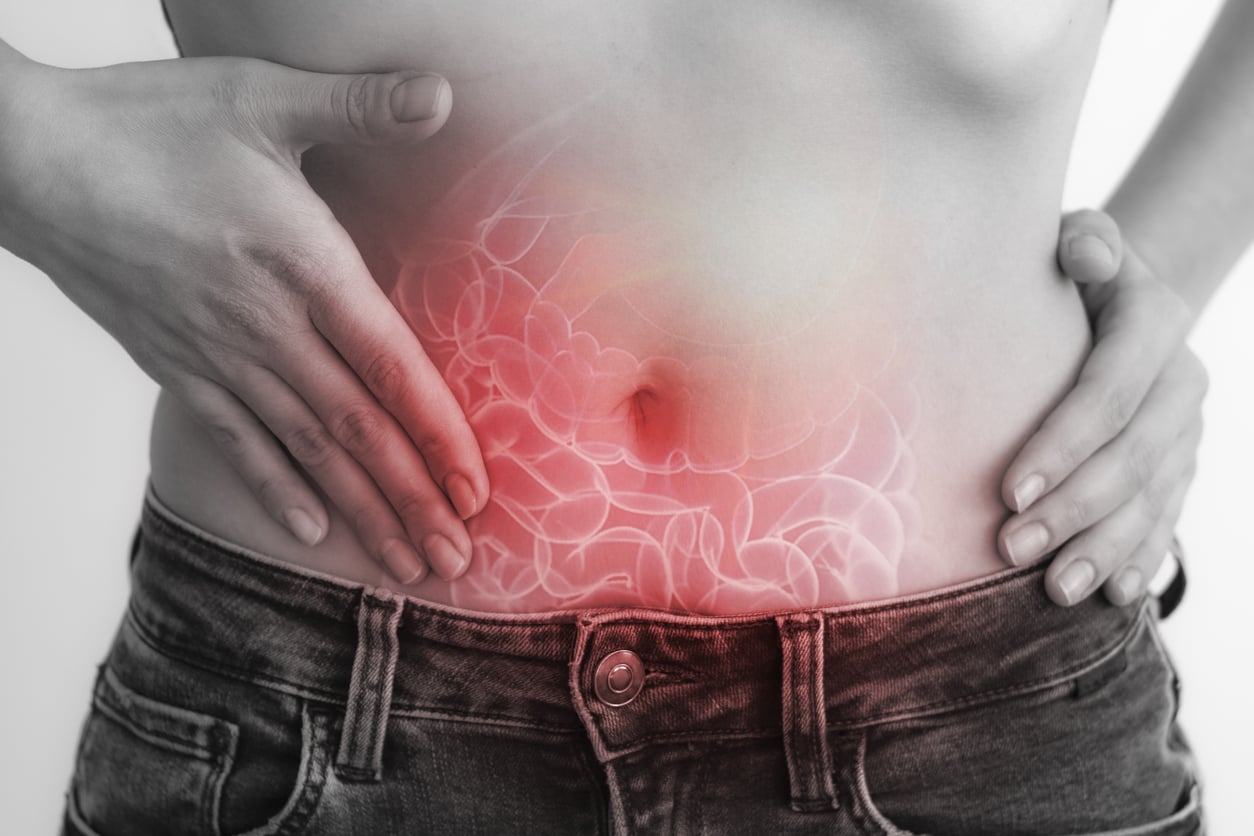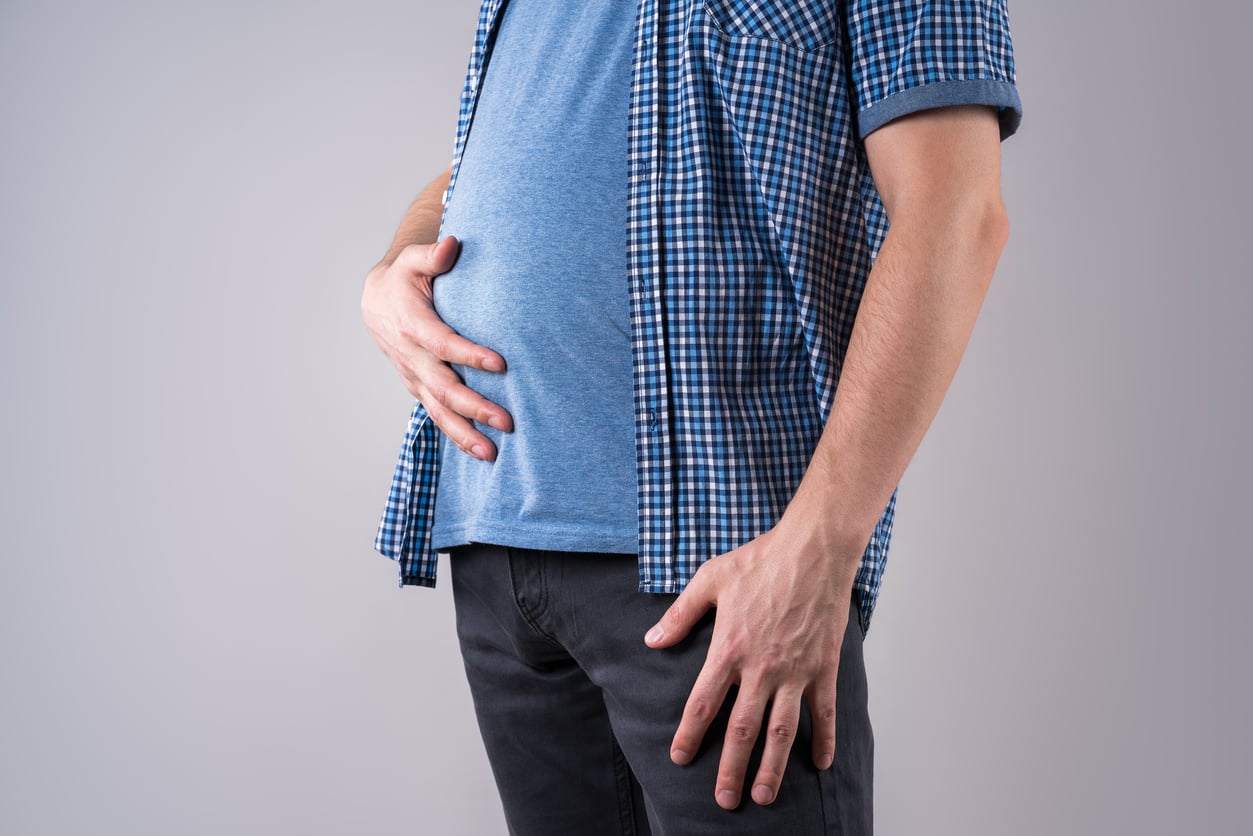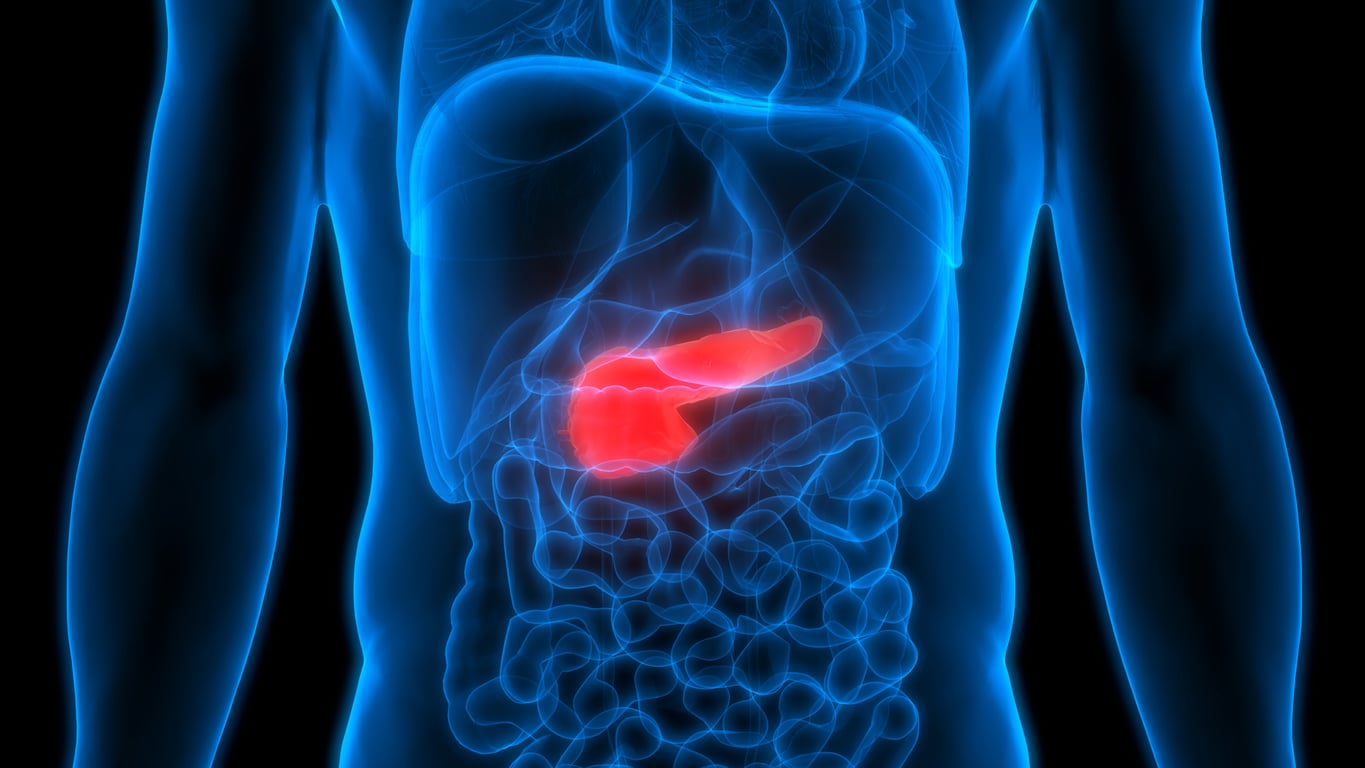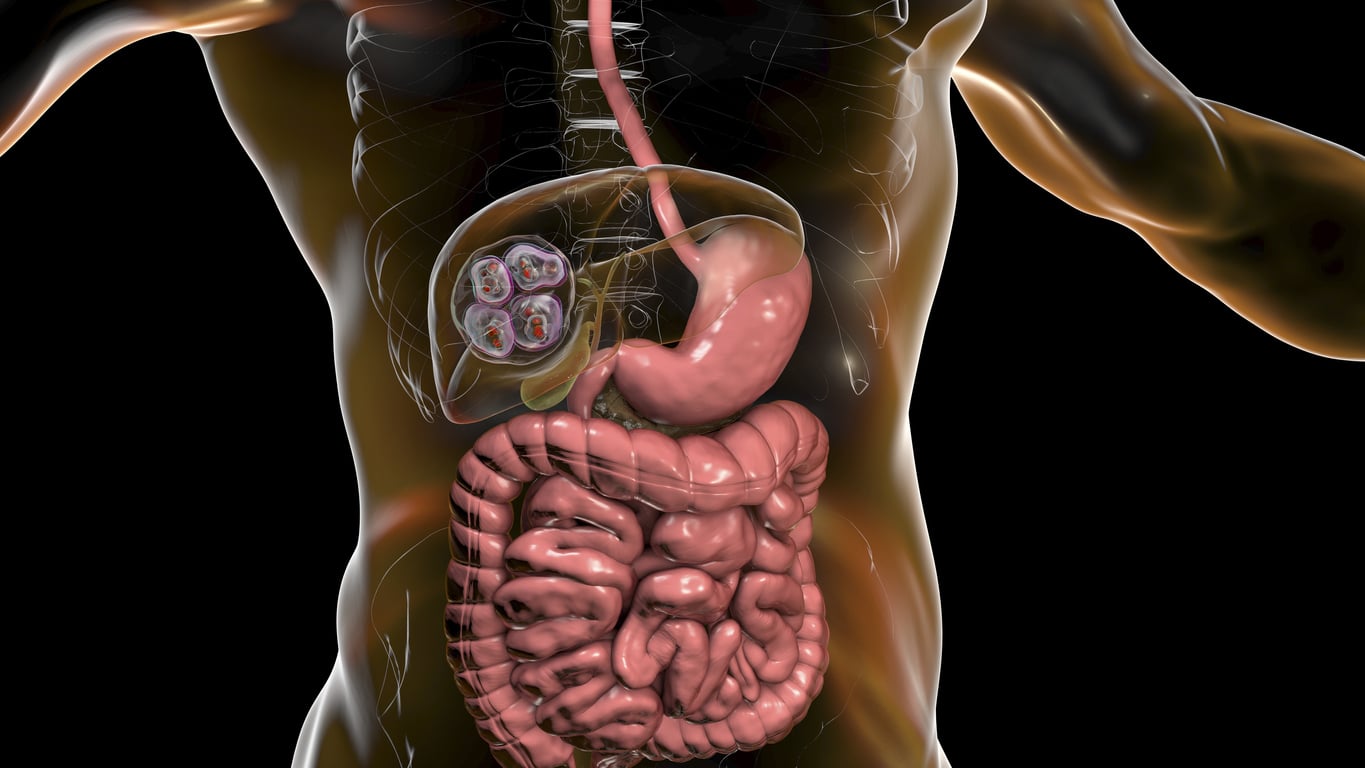10 Symptoms of Appendicitis
Appendicitis is a serious medical condition that can be life-threatening if not treated promptly.While appendicitis is most common in people between the ages of 15 and 30, it can occur at any age. If you experience any of these symptoms, it is important to see a doctor immediately. Early diagnosis and treatment are essential for a successful outcome.
Pain Near the Navel
One of the most common signs of appendicitis is pain near the navel. This pain often starts as a dull ache that gradually gets worse. In some cases, the pain may come and go for a few days before becoming constant. It may also become more severe when coughing, sneezing, or moving around. The pain may eventually radiate to the lower right side of the abdomen, where the appendix is located.

Loss of Appetite
One sign that you may have appendicitis is a loss of appetite. This happens because the appendix becomes inflamed and starts to put pressure on other organs in the abdomen, including the stomach. This can lead to a feeling of fullness, even if you haven't eaten much, and can make you lose your appetite.

Nausea
Nausea is a feeling of unwellness that often comes before vomiting. It can be caused by a variety of things, from motion sickness to pregnancy. However, nausea can also be a sign of a more serious condition, such as appendicitis. Some people may also experience nausea, particularly if the inflammation is causing the appendix to press on other organs.

Swelling
Swelling is a common sign of appendicitis, especially in children. When the appendix becomes inflamed, it can swell and fill with pus. This can cause severe pain, nausea, and vomiting. Swelling is therefore an important symptom to watch for, especially if it is accompanied by other symptoms of appendicitis. If you or your child experiences any of these symptoms, it is important to see a doctor right away.

Fever
Fever is another sign that something may be wrong. In some cases, appendicitis can cause the body temperature to rise. This happens because the inflammation makes the body produce more white blood cells to fight the infection. The increase in white blood cells can lead to a fever. A fever may also be accompanied by other symptoms of appendicitis, such as pain, swelling, and loss of appetite.

Gas
Gas is another common symptom of appendicitis. When the appendix becomes inflamed, it can press on the intestines and cause a build-up of gas. This can lead to bloating, pain, and discomfort. In some cases, the pain may be so severe that it leads to vomiting.

Pain with Movement
One of the most common signs of appendicitis is pain that gets worse with movement. This pain often starts as a dull ache that gradually gets worse. In some cases, the pain may come and go for a few days before becoming constant. It may also become more severe when coughing, sneezing, or moving around.

Rebound Tenderness
Rebound tenderness is a sign of appendicitis that is often used by doctors to help diagnose the condition. It occurs when the appendix becomes inflamed and starts to press on other organs in the abdomen. This can cause pain, nausea, and vomiting. Rebound tenderness happens when the doctor presses on the lower right side of your abdomen and then releases their hand quickly. If you have appendicitis, this will usually cause an increase in pain.

Diarrhea
Though it is rarely directly related to the ailment, diarrhea is one of the many symptoms of appendicitis. Loose, watery bowel motions brought on by diarrhea may be more forceful than usual. A person should still seek medical assistance if other appendicitis symptoms are also present, despite the fact that over-the-counter drugs can reduce this condition. The main problem won't go away if this symptom is reduced.

Constipation
This is because the inflammation caused by appendicitis can block off the opening of the appendix, preventing stool from passing through. As a result, patients may experience severe abdominal pain, bloating, and nausea. In some cases, constipation may be the only symptom of appendicitis.




